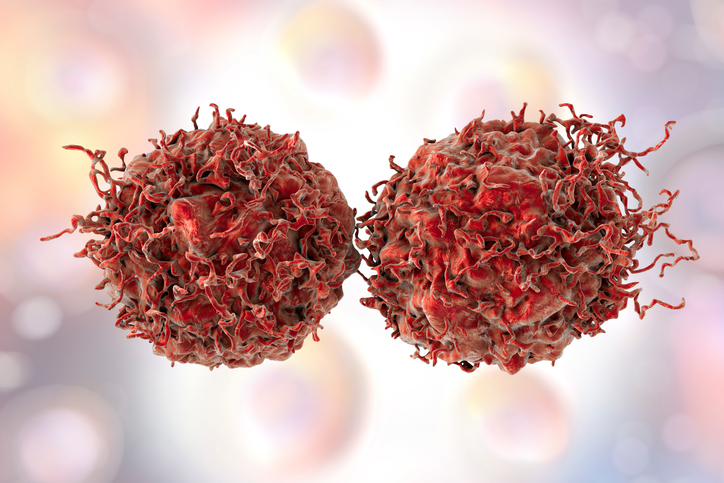
It might be time for researchers to take another look at targeted cancer drugs that have ‘failed’ clinical trials in the past. That’s according to a new study that different cancer types respond differently to targeted therapies. The findings suggest that previous participants should not have been included in studies based solely on the genetic markers found in their tumors. Or, if tested in one tumor type, the drugs might work in other types with the same target. Some of the drugs that failed could actually benefit people with cancers other than those originally tested in clinical trials.
“We found that cells from different cancers responded quite differently to drugs targeting the same genetic faults, suggesting that if someone’s tumor has a particular genetic fault, we can’t automatically assume that a drug targeting that fault will work for them,” said the study’s lead author, Udai Banerji, M.D., Ph.D., in a press release. Banerji is the deputy director of the Drug Development Unit at The Institute of Cancer Research (ICR), London, and The Royal Marsden NHS Foundation Trust.
In the study, which was published in the July 1, 2019 issue of Molecular Cancer Therapeutics, Banerji and his colleagues found that cancer cells from lung, bowel and pancreatic cancers with the same genetic changes sent out different molecular signals when treated with precision medicines. This affected how the cells reacted to the treatment.
Many cancers share genetic weaknesses that can be attacked using the same targeted treatments, but physicians have noticed that these drugs don’t always work the same in people with different tumor types. The new study demonstrates that there are stark biological differences in the way that cancer cells from different tumor types respond to gene-targeted drugs.
“Our new study suggests that we need to take cancer type into account when designing clinical trials testing the benefit of treatments targeting specific genetic changes and that we no longer group people participating in clinical trials by the genetic faults in their tumor alone,” Banerji explained.
The researchers explained in their paper that different drug responses by different cancers with the same oncogene might be due to differences in rewiring of signal transduction. They looked at 30 different cancer cell types in the lab from bowel, lung and pancreatic tumors, measuring changes in ‘on and off switch’ molecules in cells linked to seven well-known cancer genes.
They found that drugs that blocked the common cancer gene PI3K, including an experimental drug discovered at the ICR called pictilisib, had varying effects in different cancer types.
One of the ways PI3K works is to flip the off switch on a related protein, AKT, to stop tumor growth. In this study, bowel cancer cells were less likely than lung cancer cells to switch off AKT in response to pictilisib. The researchers believe tissue background could explain these results.
Looking at the response to pictilisib in more detail, the researchers analyzed the drug’s effect in cells taken from 10 patients treated at The Royal Marsden whose tumors had faults in KRAS, the most frequently mutated gene in cancer.
They found that pictilisib triggered an increase in another protein switch, called MEK, in three out of seven samples taken from people with bowel cancer, but in none of the three samples from lung cancer patients.
The study was done in cells in the lab, and larger studies will be needed to uncover the signaling changes in response to targeted drugs in more detail. And, the results are likely to impact ongoing trials and those currently being designed.
“Precision medicine has driven huge advances in cancer treatment over the last two decades, giving some patients months or years of extra life with far fewer side effects than traditional chemotherapy,” said Paul Workman, FMedSci, ICR’s chief executive and president.
“This new study brings nuance to the paradigm of precision medicine, and shows that the story isn’t quite as straightforward as matching a drug to a cancer’s genetics,” Workman said.











